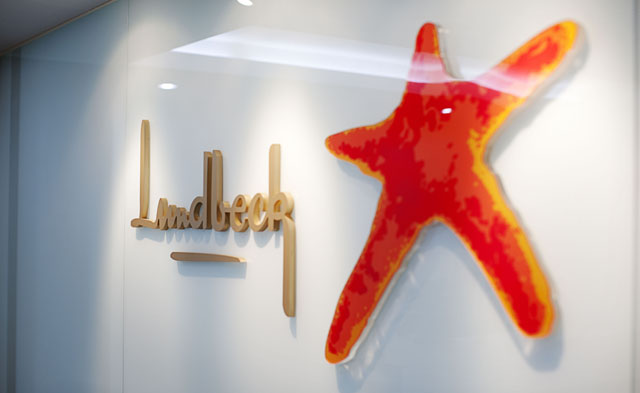Lundbeck craters as resistant schizophrenia drug fails phase III

Danish drugmaker Lundbeck saw more than a quarter of the value wiped off its shares yesterday after its top pipeline prospect, a drug for schizophrenia, missed the mark in a phase III trial.
In the 1,000-patient DayBreak study, Lu AF35700 – an antagonist of dopaminergic, serotonergic and adrenergic receptors – failed to improve the positive and negative schizophrenia symptom scale (PANSS) compared to conventional therapy in patients with treatment-resistant schizophrenia (TRS).
Unlike currently-available antipsychotic drugs, Lu AF35700 has higher affinity for the dopamine D1 receptor than the D2 receptor, which is supposed to sidestep some of the side effects with other products and improve efficacy.
The setback is a massive disappointment as TRS affects around a third of all schizophrenics and can be hugely debilitating, with a much higher risk of hospitalisation, unemployment, homelessness, aggression, imprisonment, substance abuse and suicide. At the moment the only treatment option is generally clozapine, an old drug with serious side effect issues.
It’s also a terrible start for the company’s new president and chief executive Deborah Dunsire, who joined the firm in July from XTuit Pharmaceuticals. She will likely now have to face the loss later this year of patent protection for Lundbeck’s biggest seller – epilepsy drug Onfi (clobazam) – with a big hole in its late-stage pipeline. LU AF35700 had been tipped as a potential blockbuster by some analysts.
Lundbeck said it would continue to analyse data from the study, but the prospects for the programme – which is the company’s closest to market and has fast-track status from the US FDA – now look bleak.
The company’s head of R&D, Anders Gersel Pedersen, didn’t sound confident in a statement in which he said the firm will “continue to advance our pipeline of innovative therapies to meet the needs of patients suffering from psychiatric and neurological diseases.”
There’s no word yet on plans for other studies of Lu AF35700 that are already in play, such as the phase III Anew trial in patients with early-in-disease (ED) or late-in-disease (LD) treatment-resistant schizophrenia which is due to read out in 2019.
The setback comes after Lundbeck also had to call time on its Alzheimer’s candidate idalopirdine a few months ago, and reported mixed results with Otsuka-partnered drug Rexulti (brexpiprazole) in agitation associated with Alzheimer’s disease. Rexulti is already approved for schizophrenia and depression and is in phase III testing for manic episodes associated with bipolar I disorder.
If Lu AF35700 is defunct, Lundbeck’s pipeline of new compounds is now headed by foliglurax in phase II for Parkinson’s disease, followed by various projects in phase I, including amyloid-targeting Lu AF20513 for Alzheimer’s disease that is a long shot at best.













